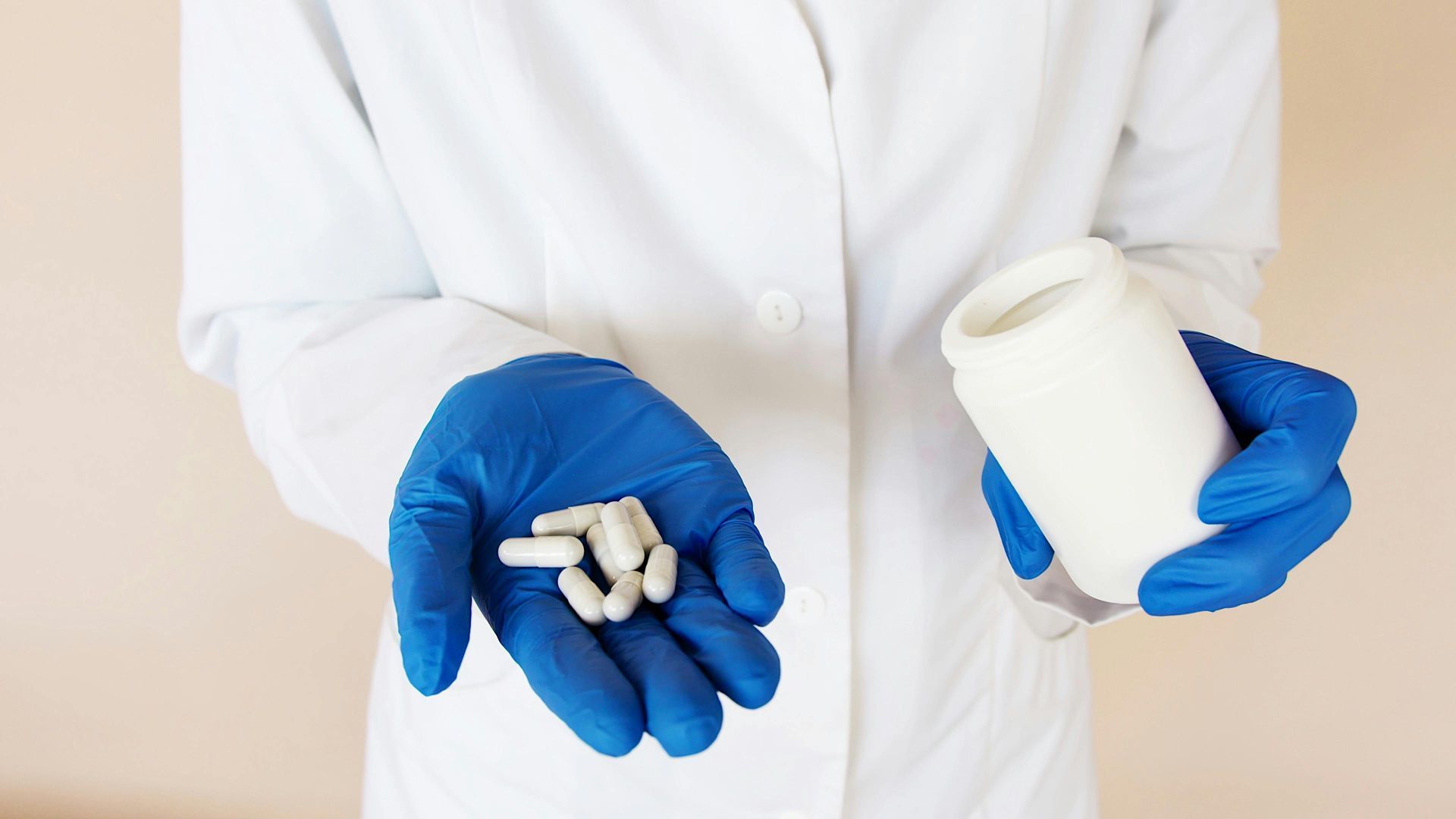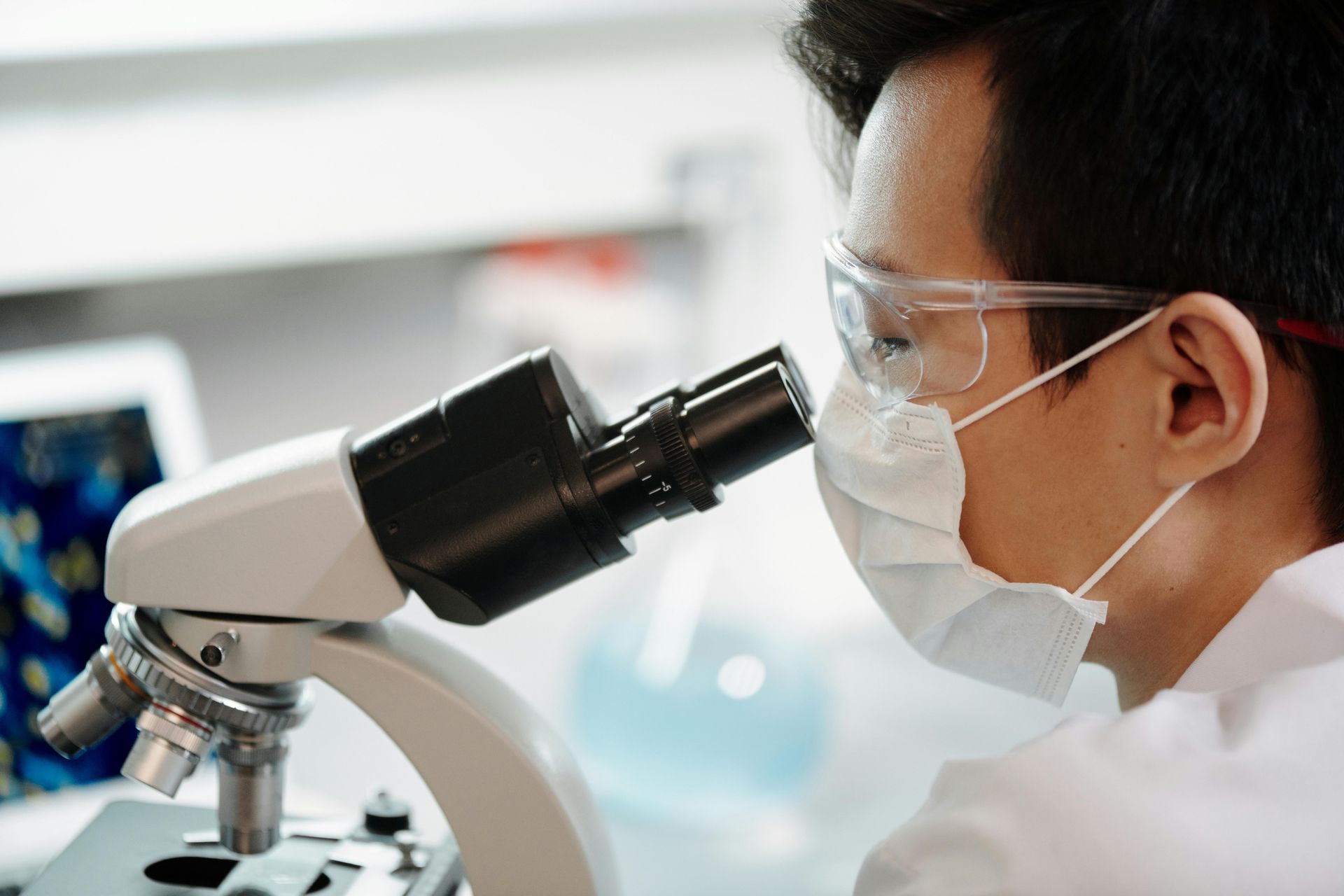Quicker, Less Accurate COVID-19 Testing May Be Pivotal to Preventing Outbreaks
To slow the spread of COVID-19, we need better testing. However, as we’re now hearing from leading public health officials, better might not necessarily mean more accurate—at least, not anymore.
Since the start of the pandemic, we’ve prioritized accuracy over other critical factors, including speed and accessibility. While this approach may have been practical in March, when cases were just beginning to climb, today’s testing objectives revolve around flagging as many infections as possible, as fast as possible.
Quantity Over Quality
With almost 5 million confirmed cases nationwide, public health officials need to move fast. That’s where a quantity-over-quality strategy comes into play. To stop outbreaks before they begin, we need easily distributable test kits that will yield results in a matter of days rather than weeks.
When it comes to nationwide COVID-19 testing efforts, there have been two primary causes for concern: lack of accessibility and poor turnaround times. Less intricate—and less accurate—testing techniques may solve both.
With many cities experiencing turnaround times of over a week—sometimes over three weeks—accuracy no longer matters as much as you may think. Besides, even the most accurate test is rendered useless when results aren’t delivered within an acceptable timeframe. And given the highly infectious nature of COVID-19, that timeframe is a mere 2 to 3 days.
New Testing Techniques
For the most part, we’ve relied so far on PCR-based testing. While accurate, PCR tests are significantly more time- and labor-intensive than other testing techniques, mainly because they require samples to be processed in-lab.
One low-tech alternative to PCR testing is antigen testing. While a PCR machine amplifies COVID-19 RNA—and is sensitive to even the tiniest amounts of it—antigen testing relies on protein identification. Antigen tests are less intrusive and yield results in just minutes. PCR testing, on the other hand, takes at least 24 hours to provide a definitive yes-or-no answer. Moreover, in the current testing climate, 24-hour PCR results are still far from attainable.
There are limitations. Some antigen tests have a false negative rate of more than 50%. But this may not be as alarming as you may think.
Viral loads fluctuate over the course of an infection. Once antigen testing becomes more readily available, detecting a highly infectious individual becomes increasingly likely with each test that’s administered. In other words, with repetitive testing, lower sensitivity ceases to matter as much.
However, will antigen testing become as accessible as we need it to be? As things stand, mass production and distribution of COVID-19 test kits remains a daunting challenge. With a spotty supply chain and unreliable leadership, a testing rethink may not be plausible after all.
In a scenario where we successfully produce, distribute, and regulate antigen testing efforts en masse, repeated antigen testing may deliver the peace of mind required to reopen schools, offices, and other institutions.
Keep Your Organization Up-To-Date
What are you doing to keep your organization COVID-ready? Sharpen your skills with hands-on training and certification courses from The Center for Professional Innovation and Education (CfPIE).
Are you interested in leading COVID-19 response efforts? Get in touch with a member of the CfPIE team by calling 1-610-648-7550 or emailing [email protected].
Blog Categories
Stay Informed


